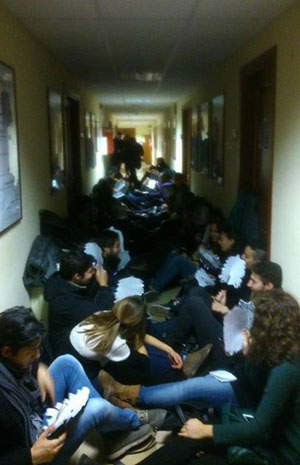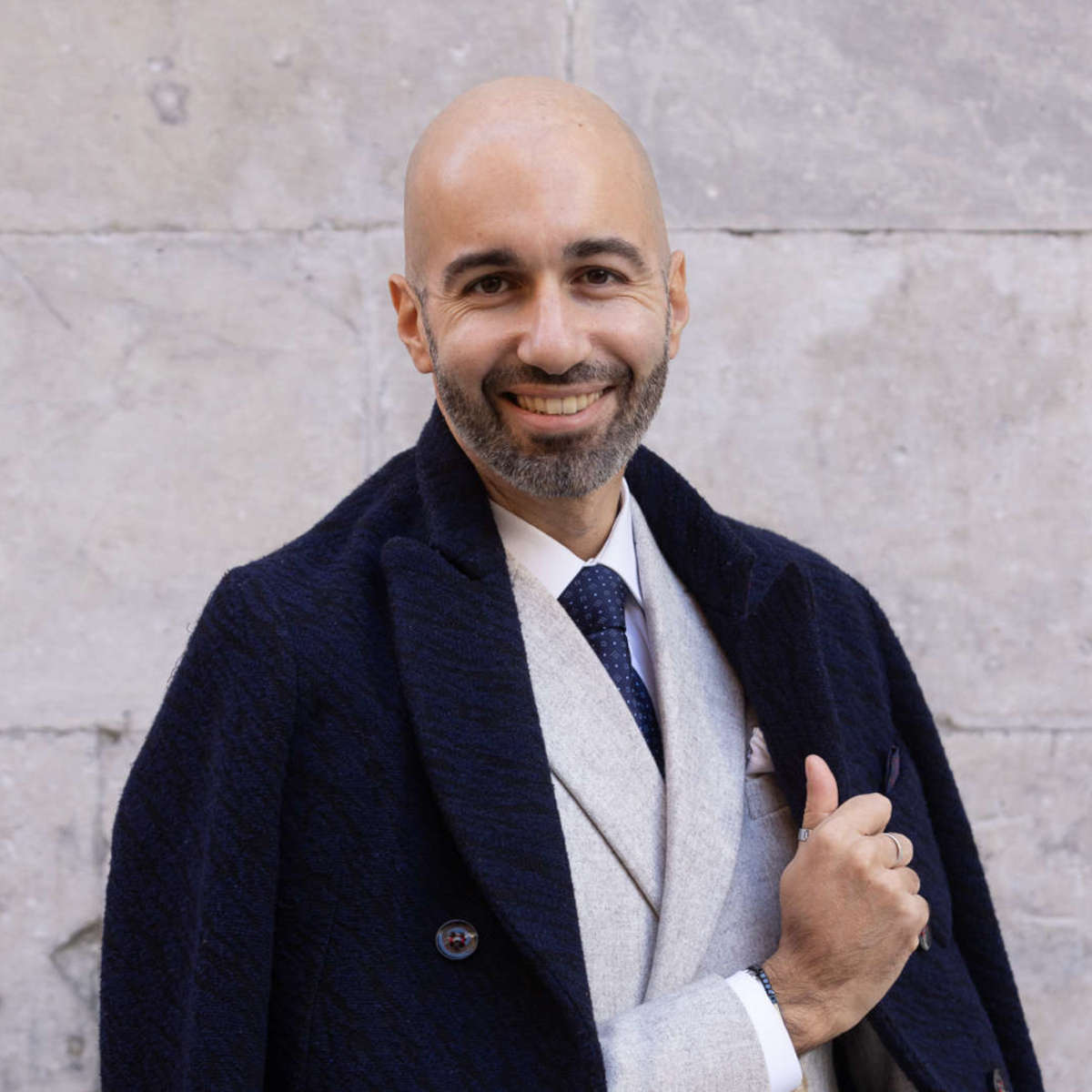In recent decades, there have been many authors and intellectuals who have feared the dangers of a world that despises and puts the humanities on the back burner. This is not the place to discuss the importance of the humanities, and as long as arts and humanities degree programs are denigrated by the “invaded” computer scientist on duty, well, we can put on a good face. It is different, however, when the humanities are attacked within what should be the supreme garrison placed in their defense: theuniversity. The premise is necessary to point out what is happening these days in Foggia.
What happens then is that the master’s degree course in archaeology at theUniversity of Foggia is considered at risk because it would not be able to meet the minimum requirements imposed by the Ministry of Education, University and Research in order to remain active (although the students, for their part, claim that the course does not meet the criteria of the university regulations, but manages to fall within those of the Ministry). The students’ reaction is mobilization: a sit-in protest is organized for Dec. 17 to avert the closure of the degree program. In the very same hours during which the Academic Senate is to make a decision on the fate of the course. However, the students’ protest proves to be in vain: the master’s degree program in archaeology at the University of Foggia is suppressed.
 |
| The student sit-in at the University of Foggia. |
 |
| The Medusa, a sculpture from the Hellenistic period preserved at the Civic Museum of Foggia, chosen by the students as a symbol of the protest |
It is then an offense to the territory itself. Many, in these days, have also only recalled the potential that Foggia and its surroundings would have in terms of cultural tourism, because the archaeological areas, in these lands, are many, they should be studied more thoroughly, they should be enhanced, they should be made known. Let us remember that in this part of Apulia, the ancient civilization of the Daunians developed, which founded several settlements, villages and cities, had its own artistic production, its own cultural identity. So how is it possible for a course in archaeology to be closed in an area that offers such an important archaeological substratum? Who will study the Dauni civilization and enhance its vestiges if local professionals are not trained? It is likely that the model of theAntiquarium of the Capitoline Museums will be replicated, with artifacts shipped to the U.S. for study. Because, of course, in Italy we pay our archaeologists 7 euros an hour and, not content with that, to their delight we also send important finds to America, when professionalism abounds here at home.
Finally, it is an insult to all those people who have helped protect the archaeological heritage of Foggia and its surroundings. Let us only recall the figure of Marina Mazzei, an archaeologist from Foggia who died prematurely, at the age of forty-nine (and, moreover, the tenth anniversary of her passing falls this year). To her we owe many of the discoveries about the Daunia civilization, the finding of many historical and artistic testimonies of this ancient people, and the considerable impetus that studies on the Dauni have received in recent years. The figure of Marina Mazzei has also been remembered by Mario Cobuzzi, an art history blogger and author of Kunst, and a Foggian himself (and therefore one who takes the matter particularly to heart). There is nothing more to add to what Mario wrote yesterday on Facebook: “an ignoble seal to the sad anniversary, another way to suppress the legacy of Mazzei, which by Giuliano Volpe and the other archaeologists (professors and students) of the ’university has been in these ten years carried on with passion.”

The author of this article: Federico Giannini
Nato a Massa nel 1986, si è laureato nel 2010 in Informatica Umanistica all’Università di Pisa. Nel 2009 ha iniziato a lavorare nel settore della comunicazione su web, con particolare riferimento alla comunicazione per i beni culturali. Nel 2017 ha fondato con Ilaria Baratta la rivista Finestre sull’Arte. Dalla fondazione è direttore responsabile della rivista. Nel 2025 ha scritto il libro Vero, Falso, Fake. Credenze, errori e falsità nel mondo dell'arte (Giunti editore). Collabora e ha collaborato con diverse riviste, tra cui Art e Dossier e Left, e per la televisione è stato autore del documentario Le mani dell’arte (Rai 5) ed è stato tra i presentatori del programma Dorian – L’arte non invecchia (Rai 5). Al suo attivo anche docenze in materia di giornalismo culturale all'Università di Genova e all'Ordine dei Giornalisti, inoltre partecipa regolarmente come relatore e moderatore su temi di arte e cultura a numerosi convegni (tra gli altri: Lu.Bec. Lucca Beni Culturali, Ro.Me Exhibition, Con-Vivere Festival, TTG Travel Experience).
Warning: the translation into English of the original Italian article was created using automatic tools. We undertake to review all articles, but we do not guarantee the total absence of inaccuracies in the translation due to the program. You can find the original by clicking on the ITA button. If you find any mistake,please contact us.